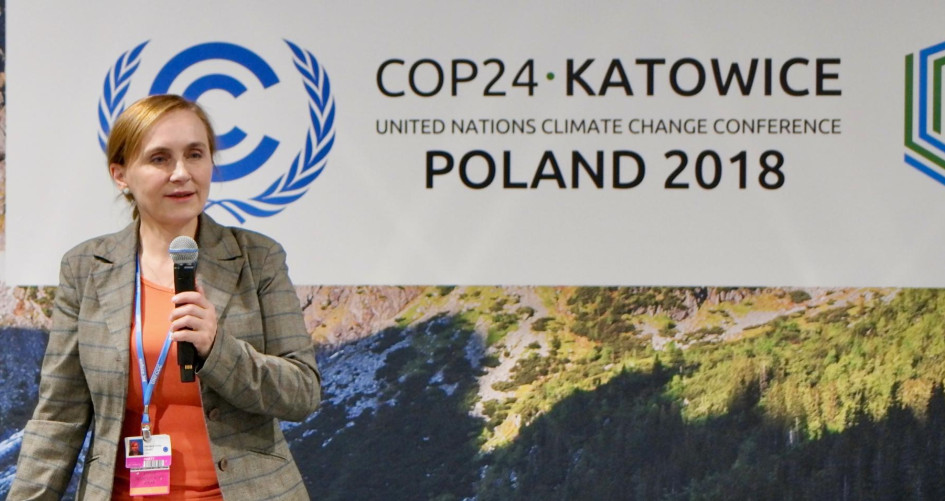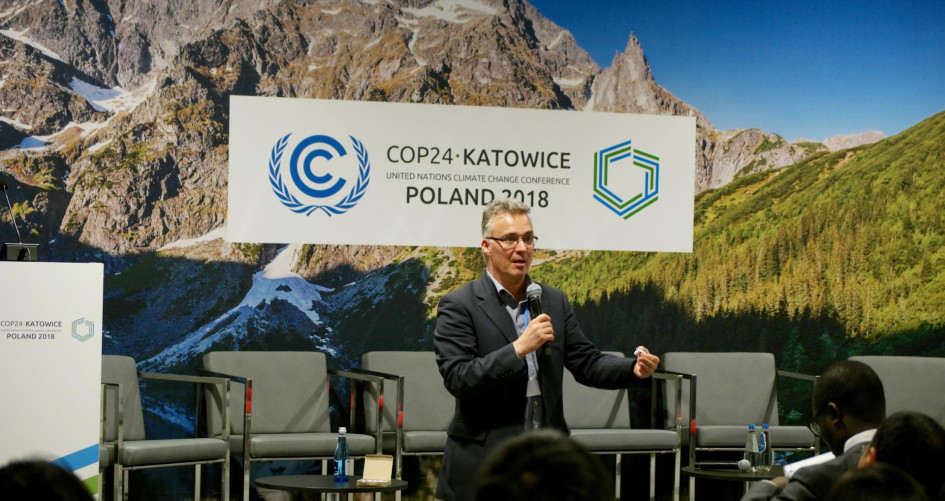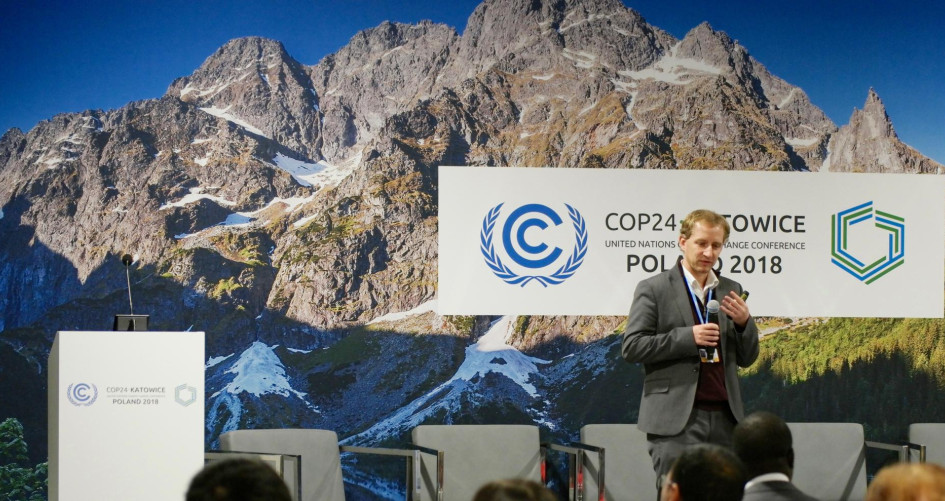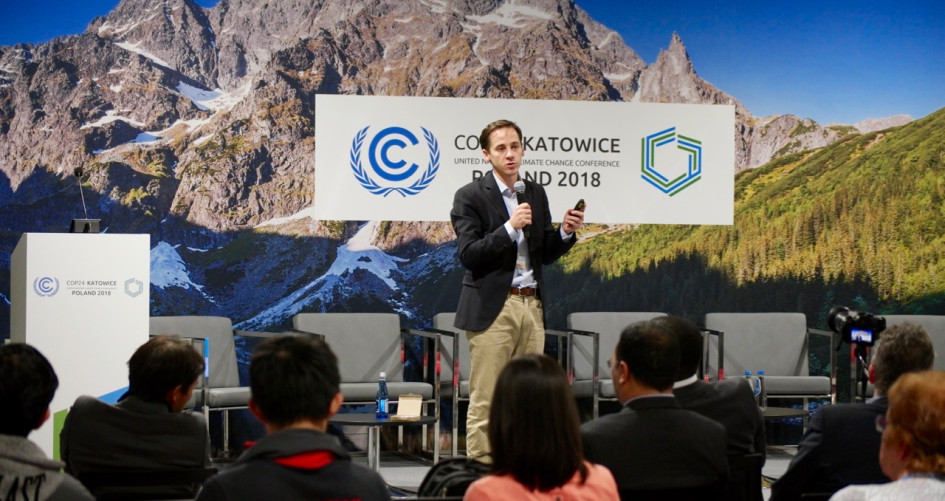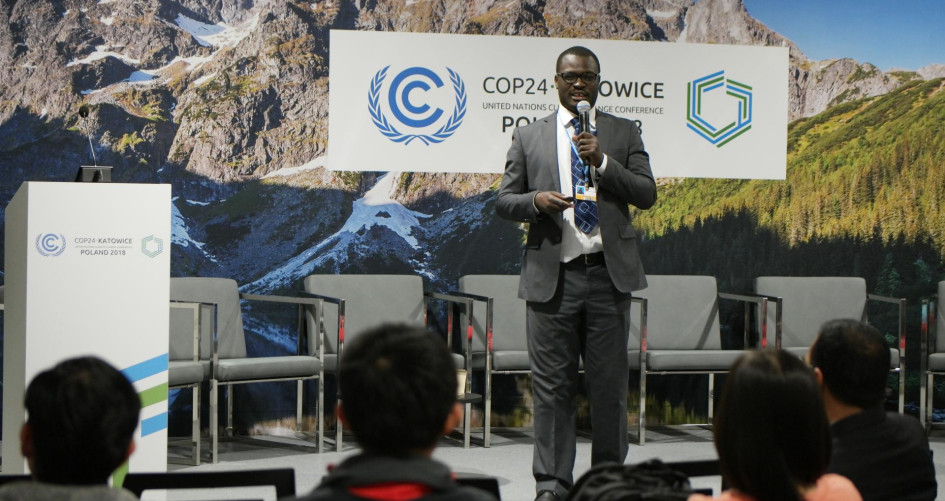The clean, the dirty and the unwanted:
capacity building for energy transitions
6 December 2018 / 18:00 – 20:30
PCCB Capacity-Building Hub / RYSY Meeting Room 24 - Area E
Achieving carbon reduction targets will see every country of the world undergo its own, unique energy transition. It may involve them adopting new clean energy technologies, such as with Indonesia’s biogas sector and the development of Kenya’s geothermal energy sector. They may also move away dirty technologies, such as in the Polish coal power sector. Finally, they may adapt technologies that have significant unwanted environmental and social-economic impacts, such as with Kenya’s transition from unstainable charcoal production to a more sustainable charcoal supply chain. This side event will illustrate these three areas using a rich range of case studies completed under the EU H2020 funded TRANSrisk project. Capacity building in energy transitions will be explored across various countries and scales (household level, sectoral level, and high-level policymaking).
